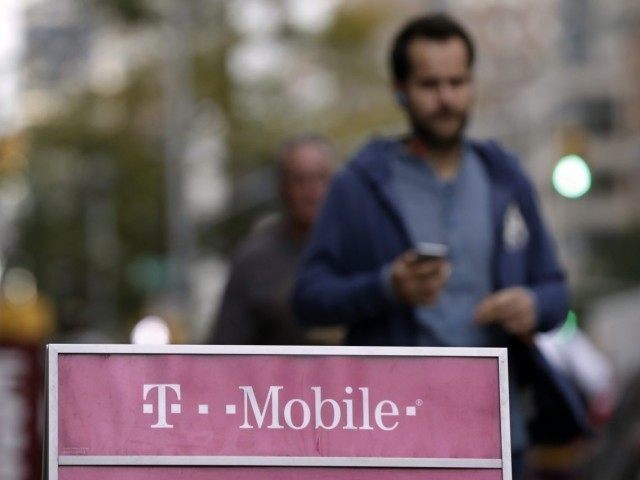YouTube’s parent company, Alphabet Inc., is taking on T-Mobile in another battle of the net neutrality war.
YouTube has accused T-Mobile of “throttling all video services” in claims that the US’s third-largest wireless carrier company is violating the FCC’s net neutrality rules with its newly released “Binge On” video streaming program. The service offers subscribers unlimited video streaming without surpassing their monthly data limits. But such generosity comes at the expense of video quality, as the wireless carrier utilizes data compression to downsample videos to 480p definition.
The service comes automatically enabled so “data will stretch 3 times further,” and although it is capable of being disabled, doing so will consume data faster when streaming video.
T-Mobile contends that they designed the no-added-cost program for the benefit of their customers. According to the Washington Post, the company has stated that they consider Binge On to be a customer-controlled service, and therefore feel it does not violate the FCC’s ban on application throttling. Net neutrality lawyer Marvin Ammori, on the other hand, believes otherwise.
T-Mobile has stated that the unlimited streaming service has 24 content providers, including Netflix and HBO, but does not yet include YouTube. The video-sharing provider accounts for almost a fifth of cellular traffic in the country, yet T-Mobile claims the partner exclusion on a software technicality that makes it difficult to identify YouTube video clips.
While FCC Chairman Tom Wheeler stated last month that the service was “highly innovative and highly competitive,” last week the agency informally requested information on new services offered by multiple communication providers, including T-Mobile, AT&T, and Comcast.
We’ve already reported on one district attorney’s attempt to hold broadband providers accountable for their performance. And this isn’t the first time a major service provider has tried to game the system. Without clear, current, and precise safeguards against restrictive practices, these stories could become more and more common. Your carrier could just as easily decide what movie studios get to deliver you high definition content, or that Breitbart just isn’t progressive enough for its customers.
Follow Nate Church @Get2Church on Twitter for the latest news in gaming and technology, and snarky opinions on both.

COMMENTS
Please let us know if you're having issues with commenting.